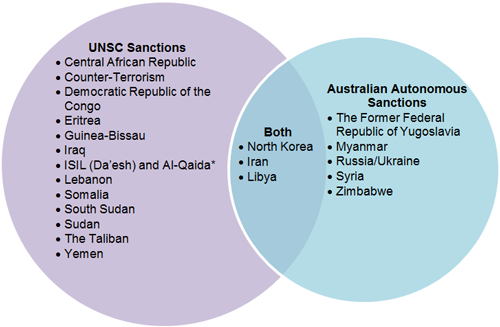During the course of your time at ECU, you may be required to travel internationally, and may require you to take a personal and/or University-supplied mobile device with you. The following security tips will assist in protecting your data and devices while travelling.
Data Encryption
Most portable devices - laptops, smart phones and memory sticks - should be encrypted to minimise the loss of sensitive data or information if it is lost or stolen. Many countries provide their immigration and other authorities with legal powers to demand that you decrypt an encrypted device prior to entering the country. Therefore, any information that you do not want disclosed to a foreign authority should be removed from the device prior to departure. You should also consider whether taking sensitive data with you is absolutely necessary.
VPN Usage
If you need to access ECU's on campus resources over an encrypted connection, you may use ECU's CISCO VPN services. The functionality of ECU's VPN services is limited to accessing on-campus resources only and is not a VPN that encrypts the entire connection. As such, it will only route and encrypt connections to an ECU IP address and the respective VPN group where access is allowed. Some countries may restrict or heavily monitor the use of VPNs.
To launch the VPN connection when you are off campus you need to be connected to the internet. Once connected, open the CISCO VPN software and connect to the ECU VPN system. If you need assistance with setting up or using the VPN, refer to the ITSC website for more information.
Backups
It is advisable to ensure that you have an up to date and off-line backup of your personal and sensitive data. Backup your laptop to an external hard drive, or cloud based back up system before leaving, to capture and backup new and updated files.
Stay up-to-date
Keep your operating system up to date. Make sure you download and install all security updates for your operating system and other software prior to travelling.
Passwords
Do not save passwords in your browser or other programs on your laptop for easy use. If your laptop is lost or stolen, these passwords are easily obtainable.
Re-image operating system
If you are concerned that your laptop has malware installed on it, you may want to consider re-imaging it when you return to Australia. To obtain assistance with re-imaging your university laptop or mobile device contact the IT Service Desk.
International roaming
If you intend to take an ECU mobile device with you while travelling, be aware that international roaming charges may apply. To obtain assistance and further information contact the IT Service Desk.
Resources
Travelling overseas with an electronic device
Technical Advice for travelling overseas with an agency issued electronic device
Smart Traveller
